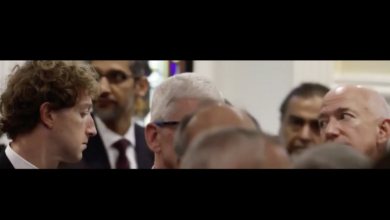South Korea’s ‘Happiness Factory’: Why are parents withdrawing from society to understand their children? | Trending

For some parents, it can be a challenge to understand their children completely. In order to help them, South Korea has come up with the concept of “Happiness Factory”. Many who choose to take part in this unique experience are parents of socially withdrawn children, also known as hikikomori, as per reports. This program’s main initiative is enhancing parent-child communication.(Unsplash) In order to comprehend their children’s loneliness, these parents spend three days in solitary confinement cells while dressed in blue prison uniforms. They live in tiny rooms, and the only thing that connects them to the outside world is a small hole in the door, which is used for feeding. What’s more, during this time, no phones or laptops are allowed inside these cells, reported the BBC. This program’s main initiative is enhancing parent-child communication. It’s part of a 13-week program that the Blue Whale Recovery Center and the Korea Youth Foundation run. (Also Read: Denmark issues warning against South Korea’s famous Buldak noodles for being too spicy, says can cause ‘acute poisoning’) Several parents have been participating in this since April. Jin Young-hae, a South Korean resident whose son has been isolating himself in his bedroom for nearly three years now, told BBC that she finally understands her son’s “emotional prison” better. Jin claims that her son has always been gifted, and both she and his father had high hopes for him. However, he had trouble making and keeping friends, was frequently sick, and finally developed an eating issue that made it impossible for him to attend school. Her son appeared to be doing well in his first term of university, then one day he just stopped showing up. Her heart ached to see him trapped in his room, ignoring food and personal hygiene. When Jin joined Happiness Factory, she read about isolated people and understood more about it. Similarly, another parent, Park Han-sil, came here for her 26-year-old son, who cut off communication with the outside world seven years ago. Not only that, but he also ran away from his home a few times. Though she finds it difficult to talk to her son, she is now getting a grasp of his feelings through this program.







